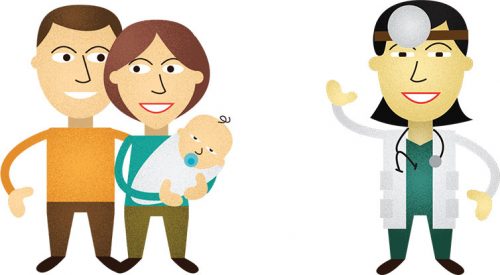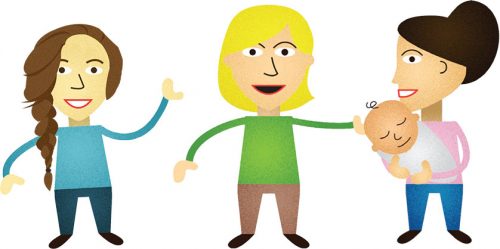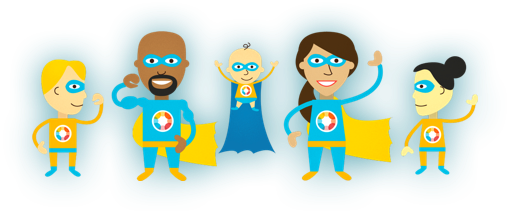Why Do We Vaccinate?

 To Stop the Spread of Disease
To Stop the Spread of Disease
A vaccine protects the person immunized and decreases the spread of that disease to others.
 To Build Community Immunity
To Build Community Immunity
By vaccinating most people, we can protect our entire community from diseases. If enough people choose not to vaccinate, it leaves an opening for disease to break through and spread. It’s important for everyone to take part in protecting all members of our community.
 To Protect People Too Sick to Vaccinate
To Protect People Too Sick to Vaccinate
Some people can never get vaccinated. Children with illnesses such as leukemia, other cancers, heart problems, or even some kids with asthma are too sick to get some vaccines. Some teens, adults, and elderly can also be too sick to get protection with vaccination.

 To Protect People Too Young or Too Old to Get Vaccinated
To Protect People Too Young or Too Old to Get Vaccinated
Some vaccines can’t be given to babies or the elderly because of their age, leaving them defenseless to diseases. By vaccinating children on time, we build a community of immunity around babies and grandparents so they have a fighting chance.
 To Protect Those Not Fully Vaccinated & Those Who Do Not Get Full Protection
To Protect Those Not Fully Vaccinated & Those Who Do Not Get Full Protection
No vaccine is 100% effective. Some people don’t respond fully to a vaccine, or its protection has worn off and they need a booster shot. When most of us are vaccinated, we increase the protection for all.
 To Strengthen the Body’s Natural Immunity
To Strengthen the Body’s Natural Immunity
The immunity gained from vaccination is similar to a natural infection without the risk of a natural disease. In fact, studies show that vaccinated children suffer fewer infections overall than unvaccinated children.

